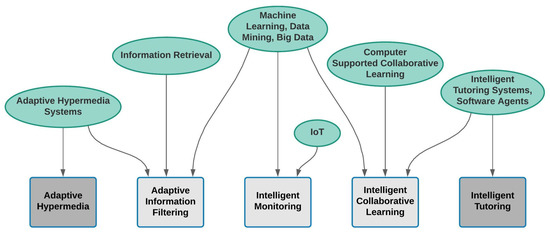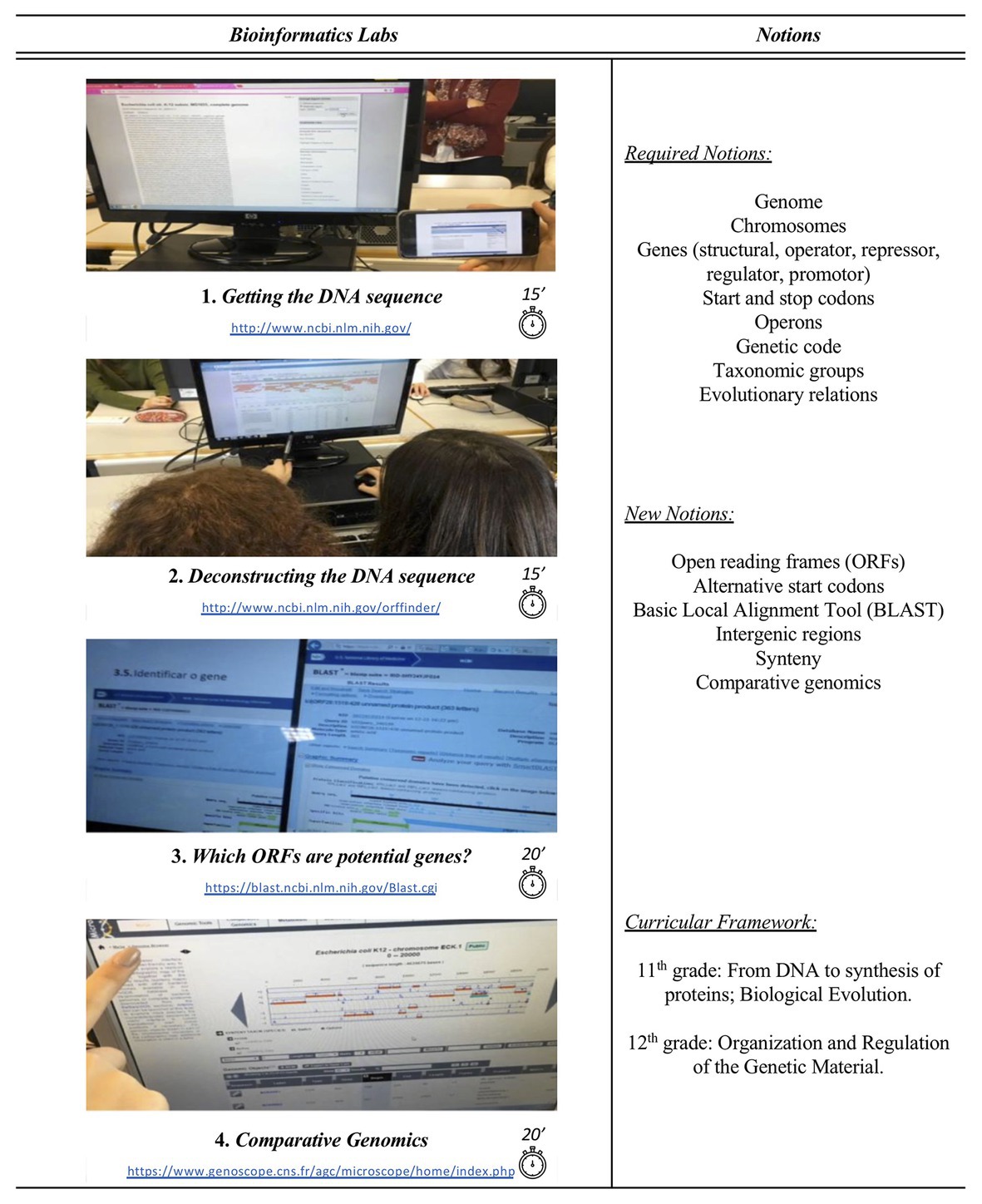Unknown Facts About Bioinformatics Tutor
Getting The Bioinformatics Tutor To Work
Table of ContentsBioinformatics Tutor Things To Know Before You Get ThisBioinformatics Tutor Things To Know Before You BuyNot known Facts About Bioinformatics TutorHow Bioinformatics Tutor can Save You Time, Stress, and Money.The Ultimate Guide To Bioinformatics Tutor
Of the overall participants entailed in the training, 80% were pupils from public college institutions, while the staying 20% came from personal establishments. To get a certification of engagement, students were needed to go to a minimum of 90% of the total training hours. As a result of this demand, an outstanding 95% of the individuals successfully gotten their certificates, having not just met the minimum participation criteria however also completed all appointed activities throughout the training.
During the elevation of the COVID-19 pandemic, specifically in between June and August 2020, the project group was tasked with arranging specialized training in bioinformatics. This training was particularly targeted at trainees from the study team Center for Research in Applied Computing at the Federal College of Pará (UFRA) The adjustment to remote understanding platforms due to the pandemic developed a possibility to explore new teaching techniques and electronic tools that enhanced both reach and efficiency.
This course was made to offer an easily accessible yet comprehensive summary of Artificial Intelligence strategies, especially as applied in bioinformatics (Bioinformatics Tutor). This online layout enabled engagement from trainees throughout Brazil, numerous of whom could not have had the chance to attend in-person sessions.
The Best Strategy To Use For Bioinformatics Tutor
A significant feature of this program was its focus on hands-on discovering. Approximately 50% of the overall training hours were devoted to practical activities where pupils built smart versions and applications in an array of scientific domains, consisting of genes, molecular biology, and environmental information analysis. Commonly used frameworks and devices such as Spyder, Google Colab, Jupyter Notebooks, and Orange were incorporated into the coursework. These systems made it possible for students to involve in real-time information manipulation, model training, and formula testing.
The training course brought in 80 individuals in total. Sixty of them were associated with numerous college institutions in the state of Pará, while the remaining twenty came from organizations found in five other Brazilian states. This wide geographical depiction highlighted the nationwide rate of interest in bioinformatics and the expanding demand for specialized skills around. By introducing Artificial Intelligence in a appropriate and useful context, the initiative served to connect the void between concept and real-world application, giving trainees with a solid structure for future study or employment in the field.
The training initiative created part of a more comprehensive academic outreach initiative understood as the Bioinformatics when traveling task. This project has, for many years, presented dozens of students to the world of bioinformatics and computational biology. The events look at these guys held under this umbrella campaign have taken place across several areas and years, as summarized in Table 1 (List of events, locations, years, and total numbers of pupils and instructors)
One of the most impressive results of the Bioinformatics when driving campaign has actually been its contribution webpage to the growth of decentralized study groups. Numerous of these teams, at first combined by their involvement in training occasions, have because taken place to produce independent clinical study in partnership with neighborhood academic institutions. The training not just cultivated scientific thinking within the context of bioinformatics yet likewise sparked collective connections that prolonged beyond the training environment. These collaborations have caused raised regional scientific productivity and contributed meaningfully to the advancement of the more comprehensive bioinformatics neighborhood in Brazil.
Bioinformatics Tutor Fundamentals Explained
The very same group, omitting IH and RR, likewise acted as tutors for the practical training modules. Funding for the task was supplied with the give 88887.200562/ 2018-00 from CAPES.
The Federal College of Pará's Workplace of Research study (PROPESP/UFPA) also provided monetary support, specifically for the manufacturing of the final manuscript. The authors state no monetary or commercial problems of passion that might have influenced the study. In addition, all point of views and analyses shared in this post are entirely those of the authors and do not necessarily mirror those of their respective establishments, the author, editors, or reviewers involved in the magazine procedure.
Bioinformatics Tutor for Dummies
From an instructional perspective, the training method made use of in the training was deliberately interactive. Classes were performed in a way that urged trainee engagement and discussion, going past rote memorization to discover how concepts are developed, used in day-to-day live, and checked in academic settings. The educational viewpoint concentrated on supporting both strong and having a hard time pupils, offering customized support, and building self-confidence via sustained mentorship and perseverance.

Each group, including about 36 individuals, was supported by 3 advisors-- the majority of whom were postdoctoral researchers with specialized expertise. These mentors not only assisted design the group projects but likewise promoted their execution, guaranteeing that each research study inquiry was both appropriately challenging and appropriate. The goal was to offer a biologically reasonable context that individuals might discover through flexible objectives and accessibility to curated datasets.
For extra insights right into the methodology and end results of this project-based knowing strategy, readers are routed to S1 Text, that includes comprehensive summaries of the pedagogical framework, analysis techniques, and task themes utilized in the training sessions.
Bioinformatics Tutor Can Be Fun For Anyone
Of the overall individuals entailed in the training, 80% were students from public higher education and learning establishments, while the remaining 20% came from private organizations. To certify for a certification of participation, trainees were needed to attend at the very least 90% of the overall training hours. Especially, beyond the trainees that enrolled in the training sessions, seven seasoned teachers participated in delivering the programs, while 3 committed this contact form study teachers worked with the general training process. Roughly 50% of the complete training hours were committed to practical tasks where pupils constructed smart versions and applications in a variety of clinical domains, consisting of genetics, molecular biology, and environmental information evaluation. The training not only cultivated scientific thinking within the context of bioinformatics yet additionally triggered collective connections that prolonged past the training atmosphere.